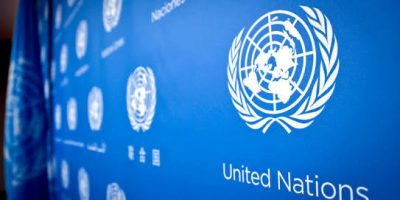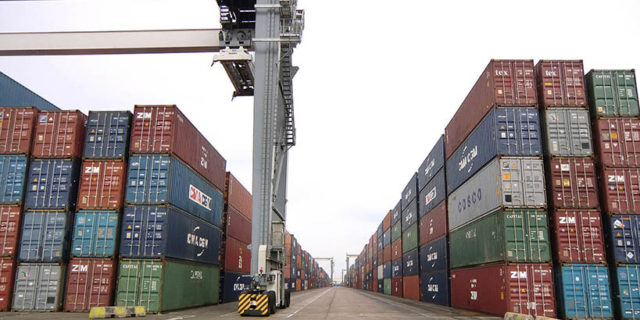UN-FAO, AU canvass food security amid COVID-19 crisis
 The Food and Agriculture Organisation of the United Nations, the African Union and international partners on Friday called for the safeguarding of food security in Nigeria and other African countries amid the coronavirus crisis.
The Food and Agriculture Organisation of the United Nations, the African Union and international partners on Friday called for the safeguarding of food security in Nigeria and other African countries amid the coronavirus crisis.
According to the agencies, the food and agriculture system is an essential service that must continue to operate during the period of lockdown, emergency, curfew and other containment measures.
In a joint declaration that was made available to our correspondent in Abuja on Friday by the FAO, the parties expressed committment to supporting access to food and nutrition for Africa’s most vulnerable.
They pledged to provide Africans with social safety nets and minimising disruptions to the safe movement and transport of people.
The agencies also committed to the transport and marketing of goods and services, as well as keeping borders open on the continent for food and agriculture trade.
The FAO said the document was adopted at a gathering co-organised by the AU and FAO and convened virtually.
It said the entire 55 AU member states were represented, 45 at ministerial levels.
“The debate was moderated by the AU Commissioner for Rural Economy and Agriculture, Josefa Sacko,” the UN agency stated.
The agency’s Director-General, Qu Dongyu, said quick and strategic actions were needed to lessen the impact of the COVID-19 pandemic on food security in Africa.
“Border closures restrict trade and limit food availability in many countries, particularly those dependent on food imports,” he said.
He expressed support for measures that would not lead to disruptions in food supply chains, stressing that these must be kept alive.
The Minister for Agriculture, Land Reform and Rural Development of South Africa, Angela Thoko Didiza, joined Qu in opening the debate.
The minister, whose country currently chairs the AU, cautioned against any moves to weaken inter-regional trade.
Both officials highlighted the toll taken by lockdowns in a continent where informal markets, rather than supermarkets, provided a lifeline for most consumers.
The FAO’s Chief Economist, Maximo Torero, pointed to growing evidence of logistical strains in food markets, strains which Qu suggested should be mitigated by shortening the chain, producing more, better and locally, if possible.
Minister after minister intervened to outline the challenges posed by the pandemic, in a region of the world where a fifth of the population is undernourished.
The Chief Executive Officer of the New Partnership for Africa’s Development, Ibrahim Mayaki, warned of risks to social stability if food and cash were to run low among Africa’s urban residents.
Many government representatives described strenuous efforts to bolster welfare benefits, often at great cost to national budgets.
Echoing these concerns, the European Commissioner for Agriculture, Janusz Wojciechowski, outlined an EU support package for Africa that should eventually exceed $20bn.
World Bank’s Simeon Ehui also detailed support initiatives, including the possibility of re-purposing $3.2bn in uncommitted funding.
Speaking for the African Development Bank, Martin Fregene, concluded with details of a COVID-19 response programme that included targeted technical and financial support.







